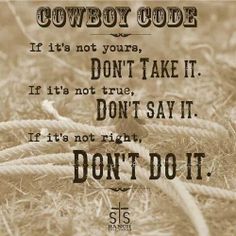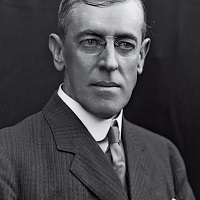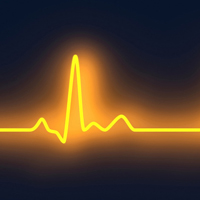The progressives were "so convinced of the righteousness of their crusade to redeem America," Leonard observes, "that they rarely considered the unintended consequences of ambitious but untried reforms."
I would also add that the progressives didn't just bestow vast new authority on the government, they also undermined many traditional checks on government power, such as judicial review. It was a foolproof recipe for the state-sanctioned abuses that followed. -Damon Root 
At the University of Wisconsin, the red-hot center of progressive thought, leading social scientists turned out economic-reform proposals along with works parsing the racial characteristics -- and supposed natural inferiority -- of blacks, Chinese, and non-Teutonic European immigrants. -Virginia Postrel 
The liberty cabbage, the state-sanctioned brutality, the stifling of dissent, the loyalty oaths and the enemies list--all of these things not only happened in America but happened at the hands of liberals.
Self-described progressives--as well as the majority of American socialists--were at the forefront of the push for a truly totalitarian state. They applauded every crackdown and questioned the patriotism, the intelligence, and decency of every pacifist and classically liberal dissenter. -Jonah Goldberg 
In the early 20th century, the progressive definition of the common good was thoroughly infused with scientific racism. Harvard economist William Z. Ripley, for example, was a recognized expert on both railroad regulation and the classification of European races by coloring, stature and "cephalic index," or head shape. -Virginia Postrel 
Nowadays, people argue about whether stricter voter identification laws are good-government protections against fraud or discriminatory attempts to deter minority and low-income voters. A century ago, leading progressives happily embraced both goals.
“Fewer voters among the lower classes was not a cost, it was a benefit of reform,” Leonard writes. After progressive reforms, including Jim Crow restrictions sold in part as anti-corruption measures, voter participation plummeted.
In New York State, turnout dropped from 88 percent in 1900 to 55 percent in 1920, while national turnout fell from 80 percent in 1896 to 50 percent in 1924. -Virginia Postrel 
Although they generally assumed black inferiority, progressives outside the South didn’t worry much about the “Negro question.” They were instead obsessed with the racial, economic, and social threats posed by immigrants. -Virginia Postrel 
Liberalism is never wrong, because essential to the concept of liberalism is the idea that it must always be right. The fact that racism and other evils were commonplace, even central, to much of the progressive project is simply too jarring to contemplate and so we get either a whitewash or blame-shifting. -Jonah Goldberg 
Democrat, Liberal, Hate, Racism, Narrative, Oops, Jobs
Those who continued to work in municipal post offices labored behind screens — out of sight and out of mind. When the National Association for the Advancement of Colored People and the National Independent Political League objected to the new policy, Wilson — a Presbyterian elder who was nothing if not high-minded — vigorously defended it, arguing that segregation was in the interest of African-Americans. For 35 years, segregation in the civil service would be public policy.
Like Wilson, the progressive academic Frank Goodnow acknowledged that the founders’ system of government “was permeated by the theories of social compact and natural right,” and he complained that such theories were “worse than useless,” since they “retard development”—that is, that the protections for individual liberty and property inhibit the expansion of government.
Early Progressives: Constitution In The Way Of Their Agenda...
The progressives understood the intention and structure of the Constitution very well; they knew that it established a framework for limited government, and that these limits were to be upheld by a variety of institutional restraints and checks.
They also knew that the limits placed on the national government by the Constitution represented major obstacles to implementing the progressive policy agenda. Progressives had in mind a variety of legislative programs aimed at regulating significant portions of the American economy and society, and at redistributing private property in the name of social justice.
The Constitution, if interpreted and applied faithfully, stood in the way of this agenda.
Woodrow Wilson: A Progressive Hero
"In the matter of Chinese and Japanese coolie immigration, I stand for the national policy of exclusion. We cannot make a homogenous population out of people who do not blend with the Caucasian race…"











